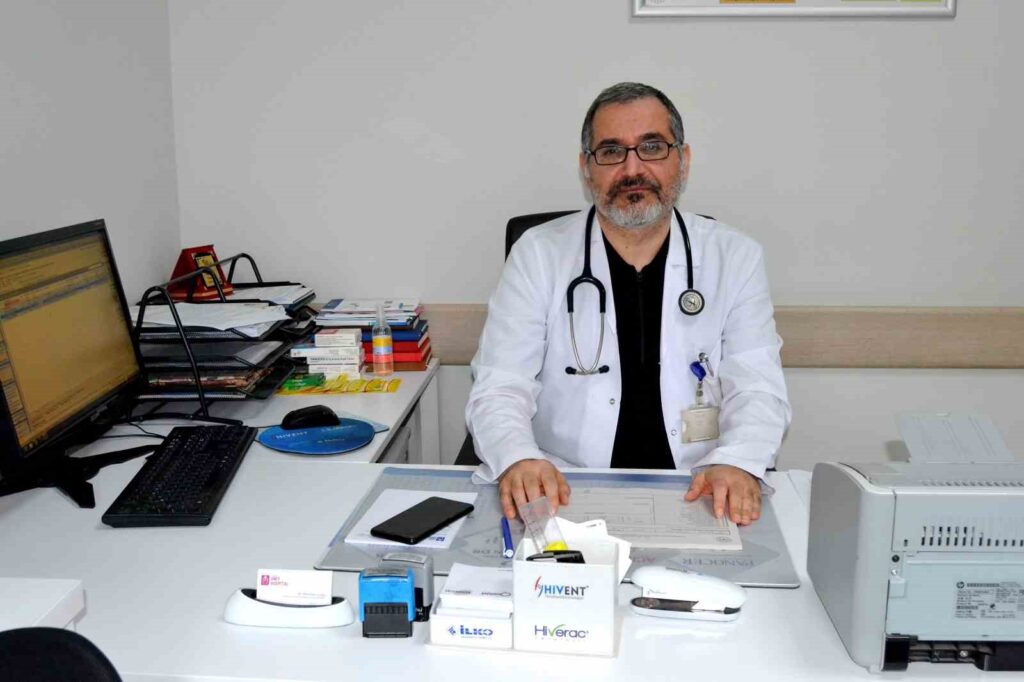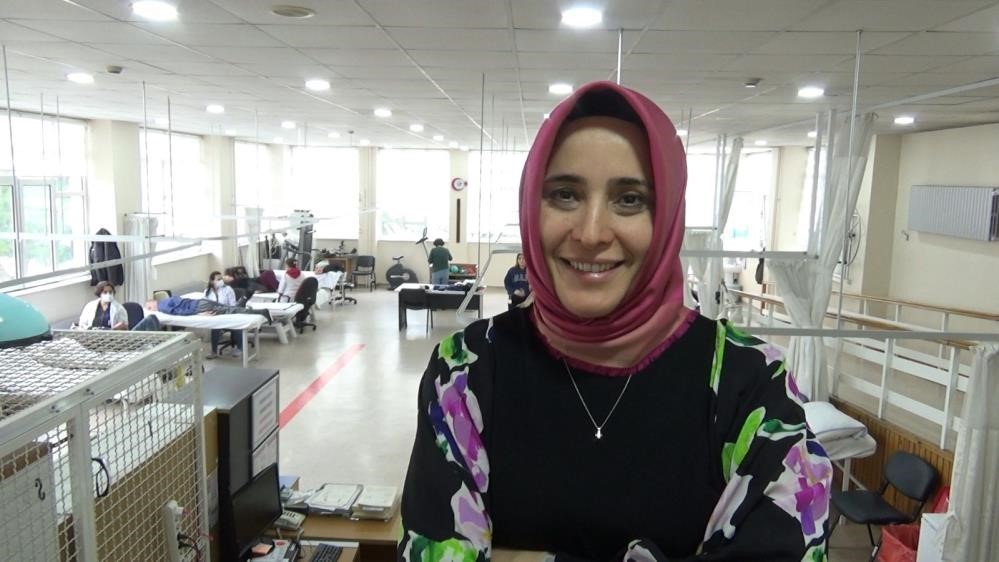Daytime: “Fiber-rich foods reduce cancer risk”
Nutrition and Diet Specialist Çisem Gündüz stated that sufficient fiber intake contributes to intestinal health, lowers bad cholesterol, and reduces the risk of heart disease, type 2 diabetes, and certain cancers. Acıbadem Adana Hospital …

Nutrition and Diet Specialist Çisem Gündüz stated that sufficient fiber intake not only contributes to gut health but also lowers bad cholesterol, reducing the risk of heart disease, type 2 diabetes, and certain cancers.
Specialist Dietitian Çisem Gündüz from Acıbadem Adana Hospital recommended adding more fiber and fermented foods to meals as they help the gut microbiome, contributing to better health and mood, and aid in maintaining healthy digestion.
Dietitian Gündüz pointed out that the gut microbiome consists of bacteria, viruses, fungi, and other microorganisms that live in the colon, or large intestine. “What you eat, the air you breathe, where you live, and many other factors affect the structure of the gut microbiome. Some experts consider it a hidden organ because it plays a role in many important functions of the body. For example, helping the immune system work optimally, reducing chronic inflammation, keeping gut cells healthy, and providing some essential micronutrients that may not be included in a regular diet are among these functions,” she said.
Gündüz emphasized that the gut communicates with the brain through pathways in the gut-brain axis, noting that changes in the gut microbiome have been associated with mood and mental health disorders such as depression and anxiety, but it has not been clarified whether these changes directly cause such problems.
“The main function of fiber is to soften stool”
Gündüz stated that a healthy diet, which minimizes processed foods, is key to a healthy gut microbiome, and that fiber and fermented foods can play significant roles here. She explained that the main role of fiber is to make digestion smoother by softening stool and adding bulk, allowing it to pass quickly through the intestines. “However, fiber has other benefits for your microbiome and overall health. A high-fiber diet helps control body weight and lowers LDL (bad) cholesterol levels. Research has found that adequate fiber intake reduces the risk of heart disease, type 2 diabetes, and certain cancers,” she said.
“The amount of fiber is more important than the type”
Dietitian Gündüz mentioned that there are two types of fiber, stating that insoluble fiber helps you feel full and promotes regular bowel movements, while soluble fiber helps lower cholesterol and blood sugar. However, she added that recent research emphasizes focusing on the total amount of fiber in the diet rather than the type of fiber.
She highlighted that the fiber formula is quite simple, stating that one should consume 14 grams of fiber for every 1,000 calories consumed, and provided the following information about fiber content in foods:
“Each food has a different amount of fiber. For example, a medium-sized banana contains about 3 grams of fiber, while a bowl of oats contains 16.5 grams of fiber. A plate of spinach contains 2.5 grams, while a medium-sized tomato has 15 grams. A medium-sized artichoke contains 7 grams, a bowl of broccoli contains 2.5 grams, and a bowl of carrots contains 3.5 grams of fiber.”
Dietitian Gündüz reminded that daily calorie intake can vary depending on physical activity levels and advised those trying to add more fiber-rich foods to their diet:
“Make sure you gradually get used to fiber-rich new habits and drink plenty of water. Your digestive system should gradually adapt to prevent gas, bloating, diarrhea, and stomach cramps caused by eating too much and too early. Your body will adjust to the gradually increasing fiber over a week or so.”







